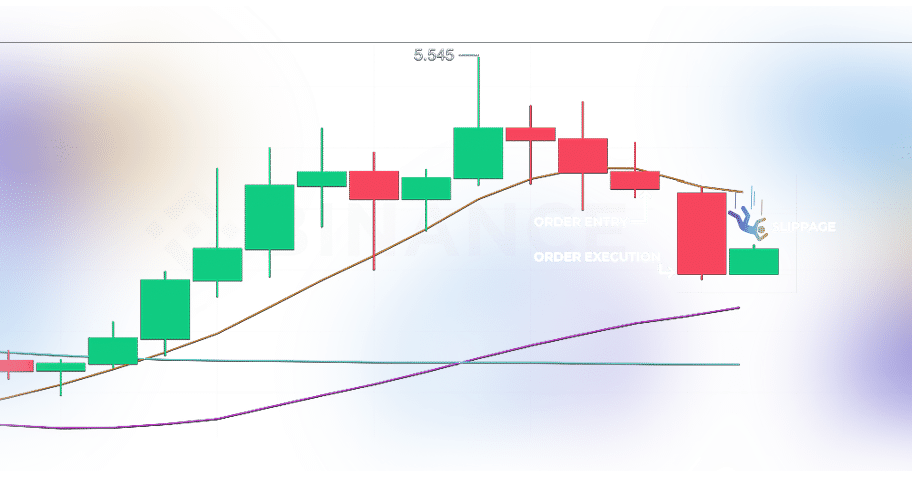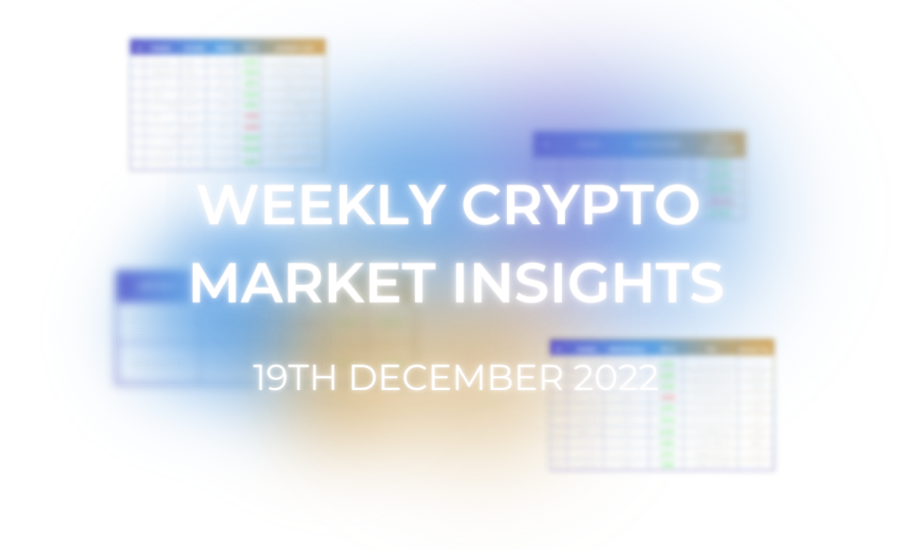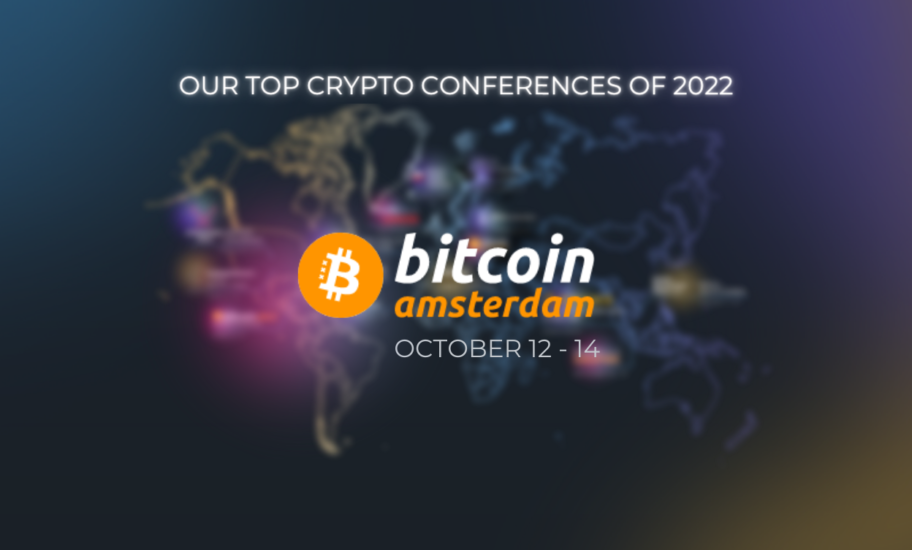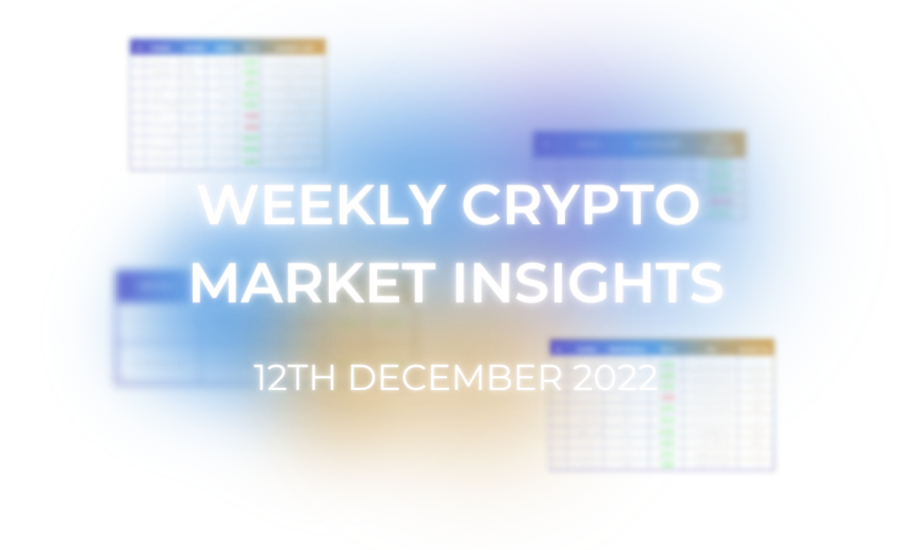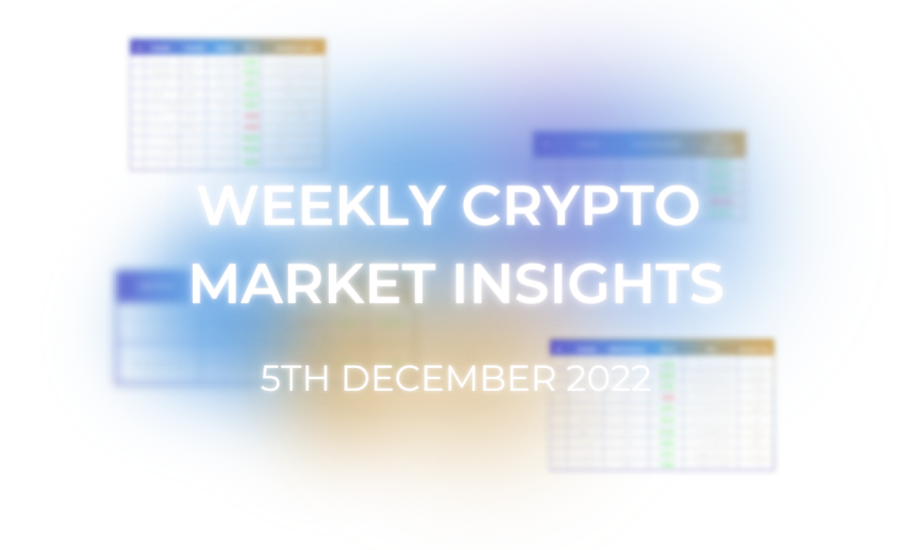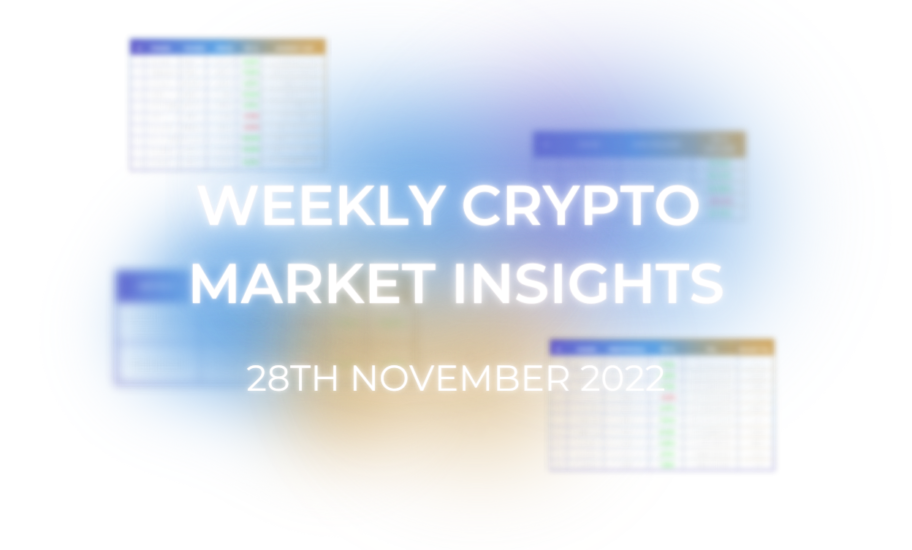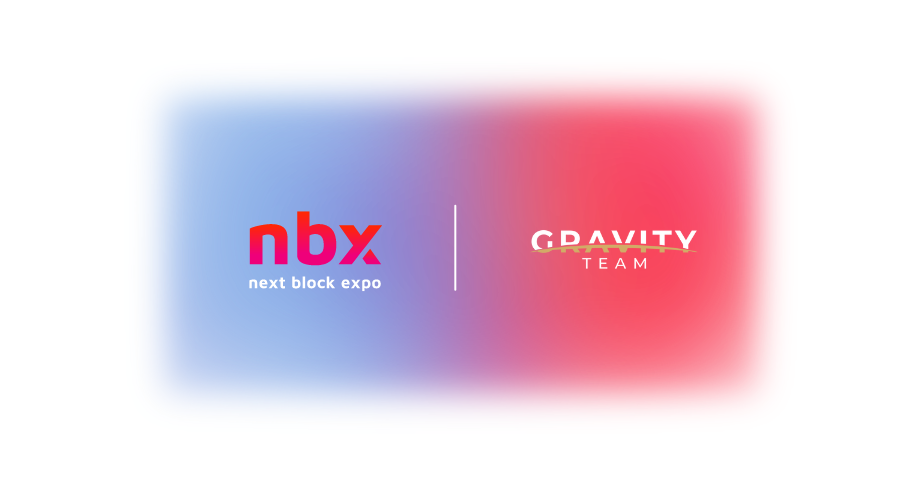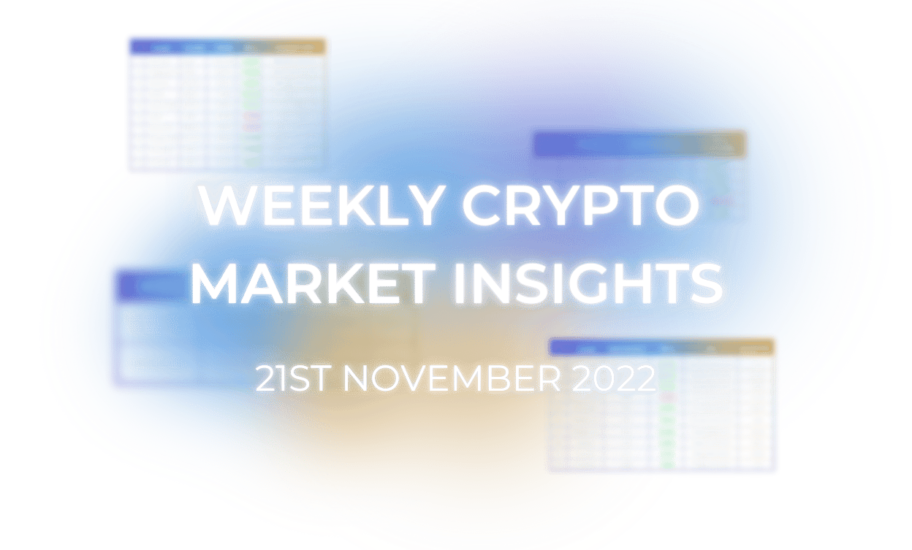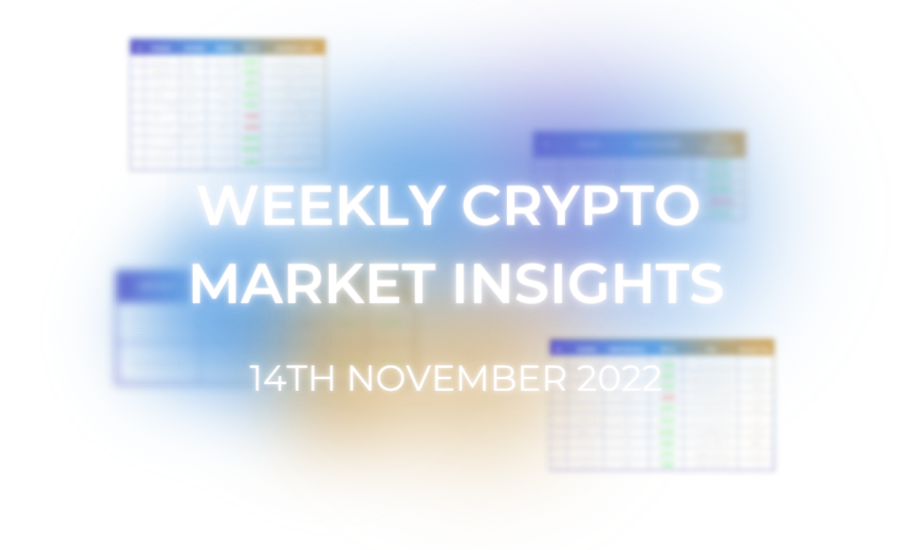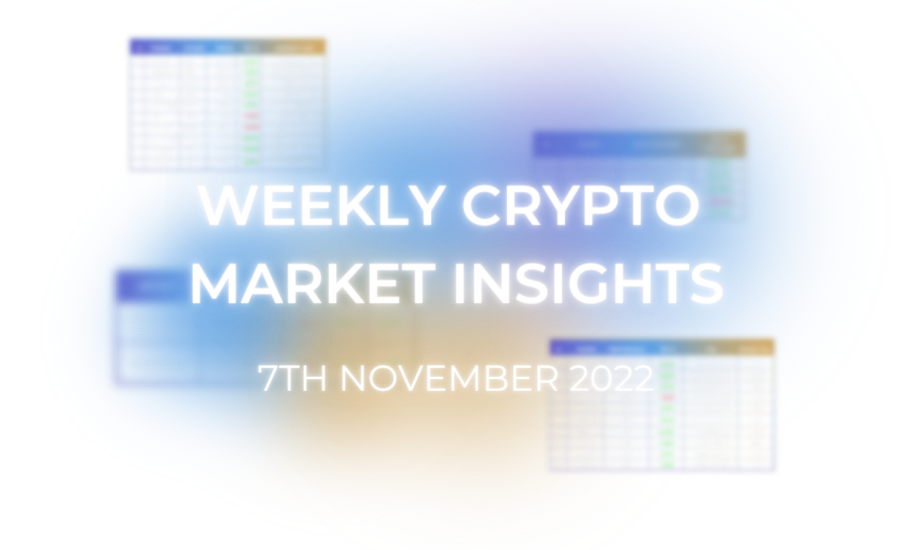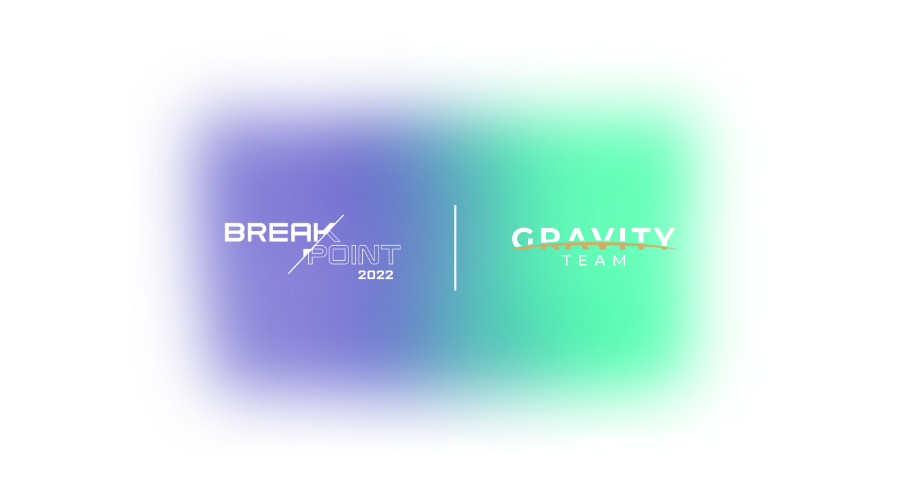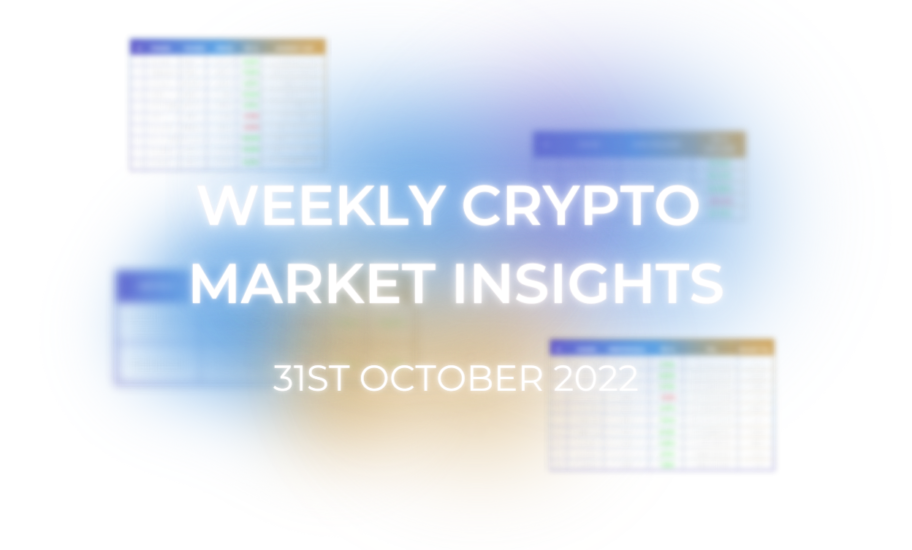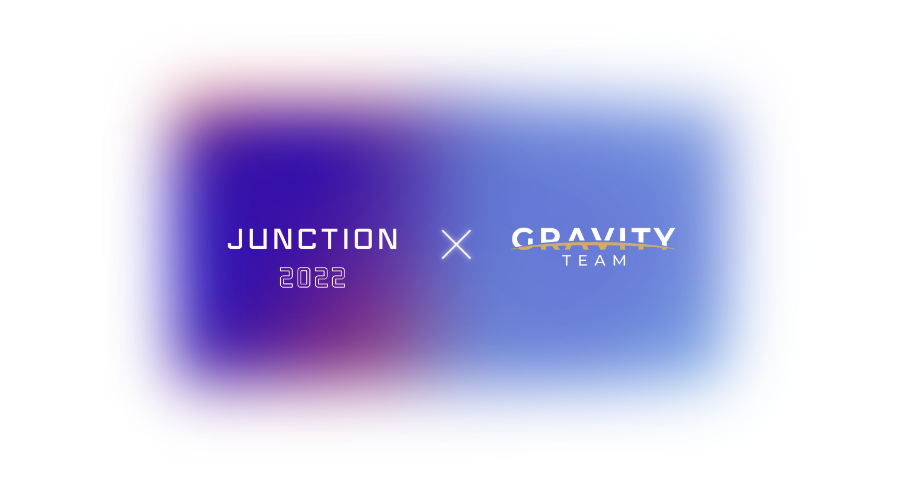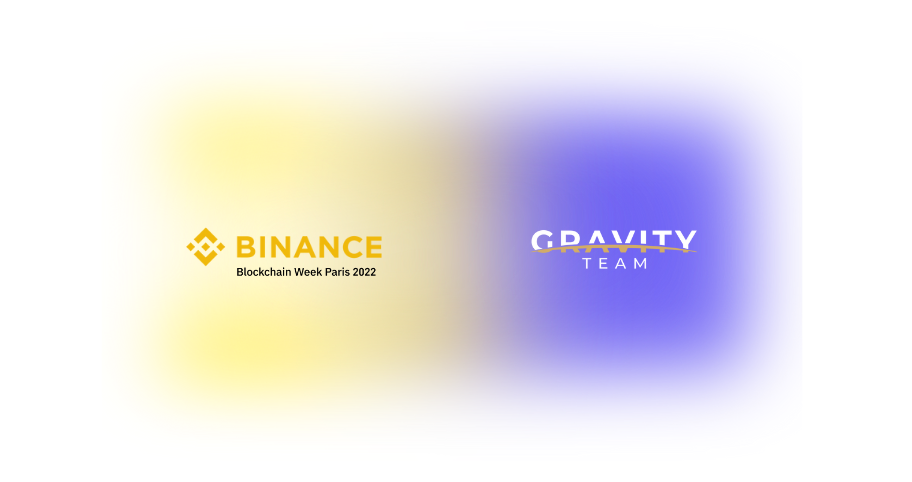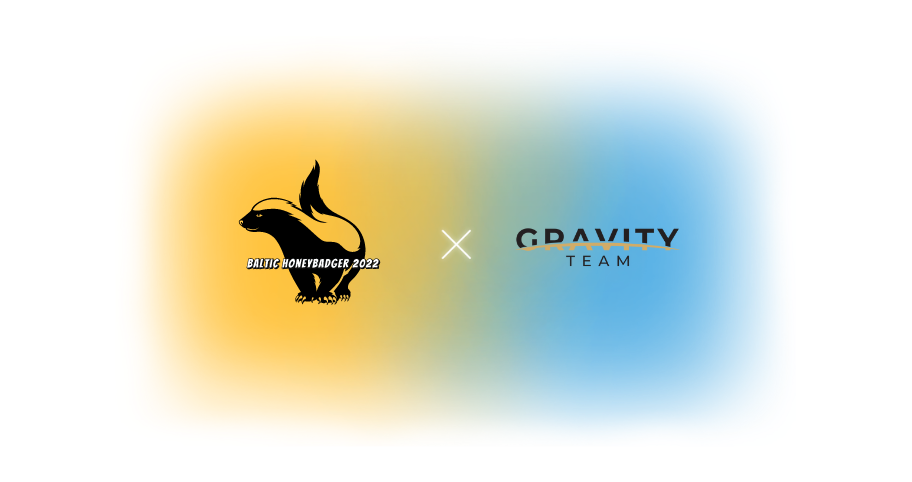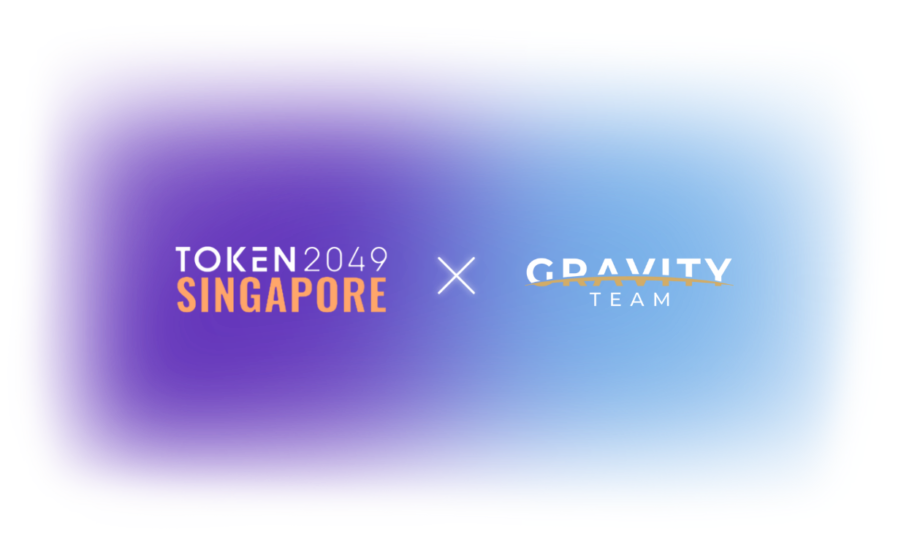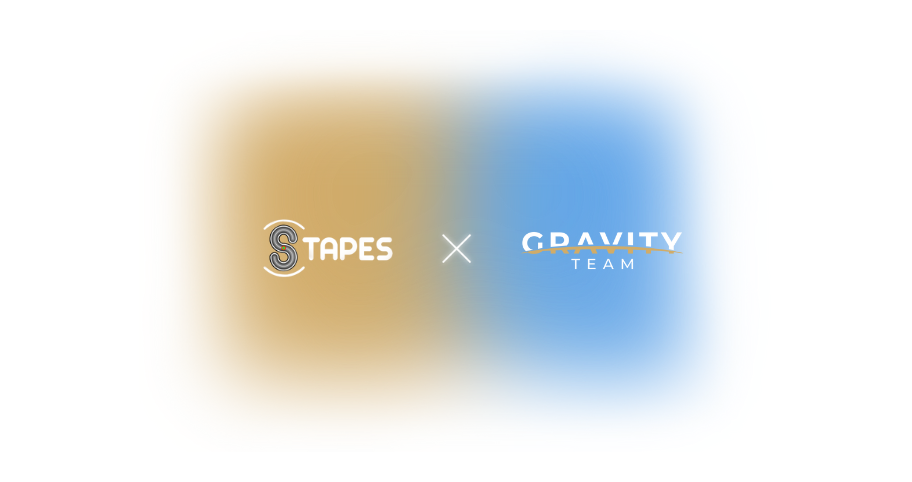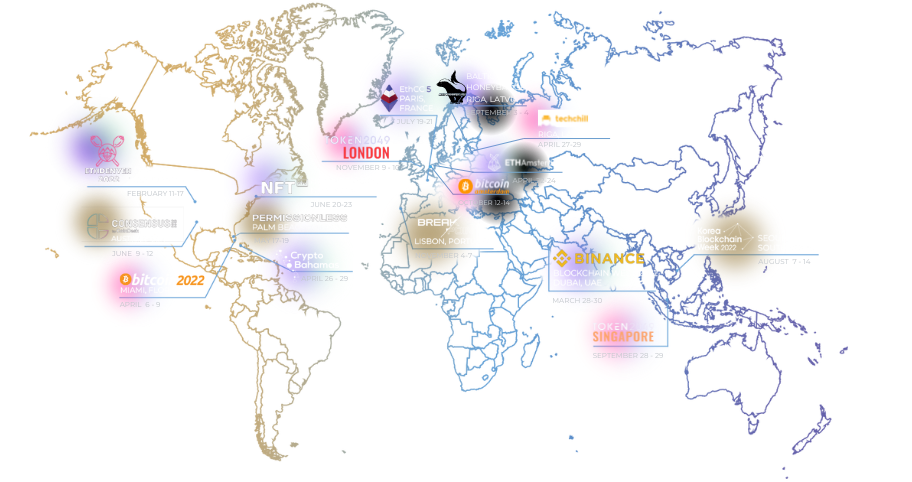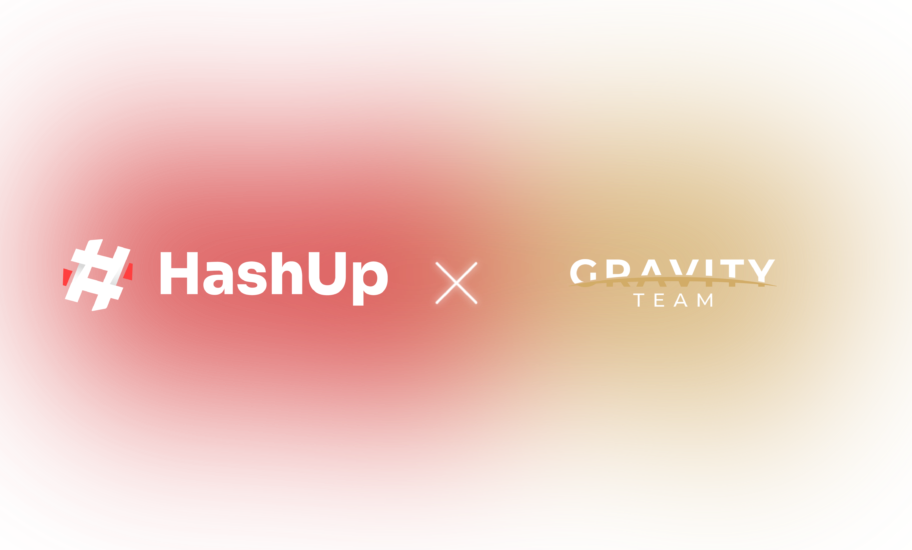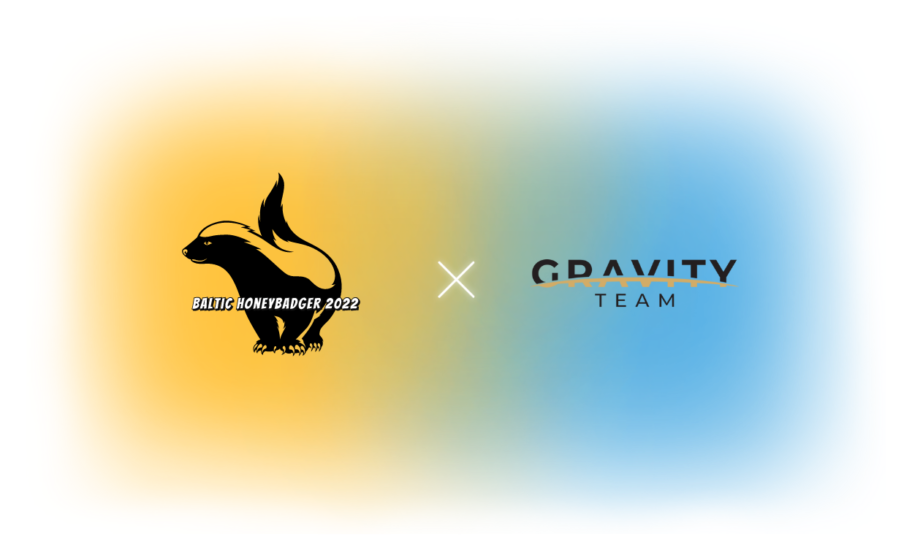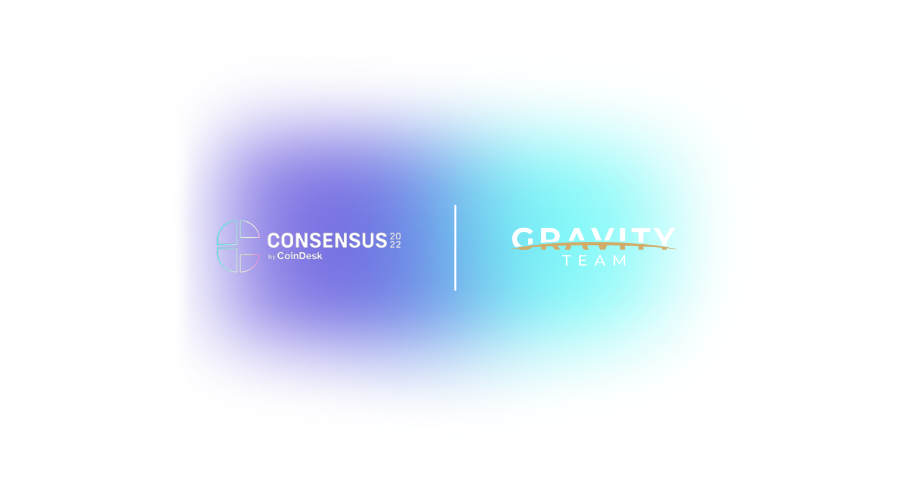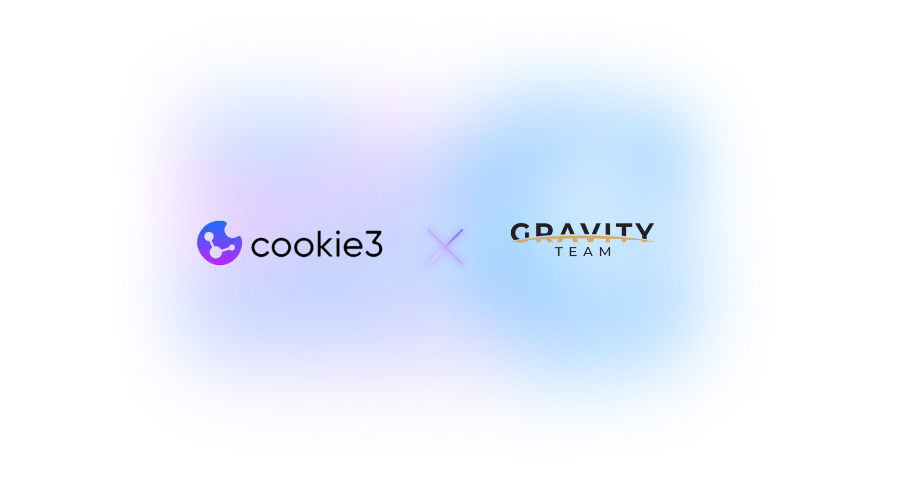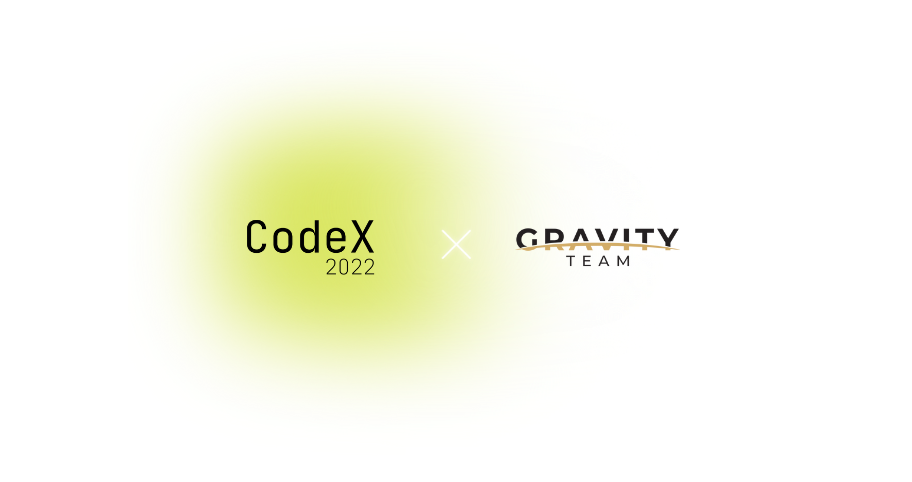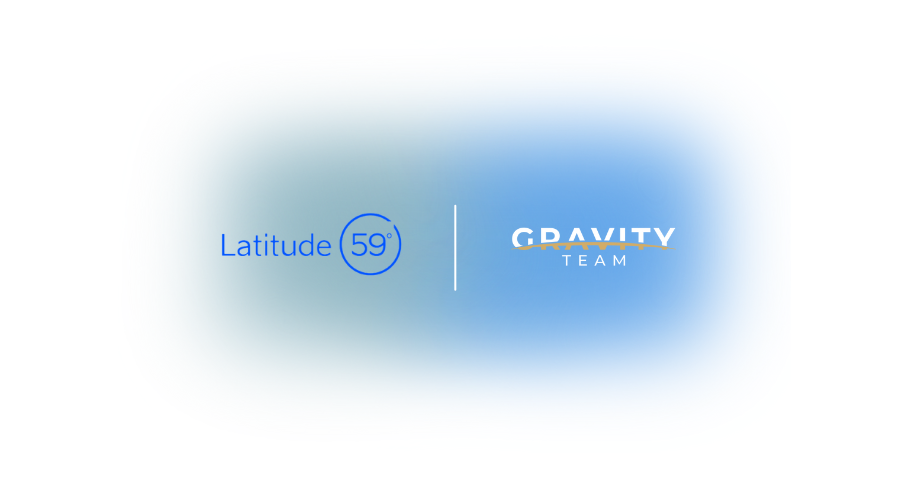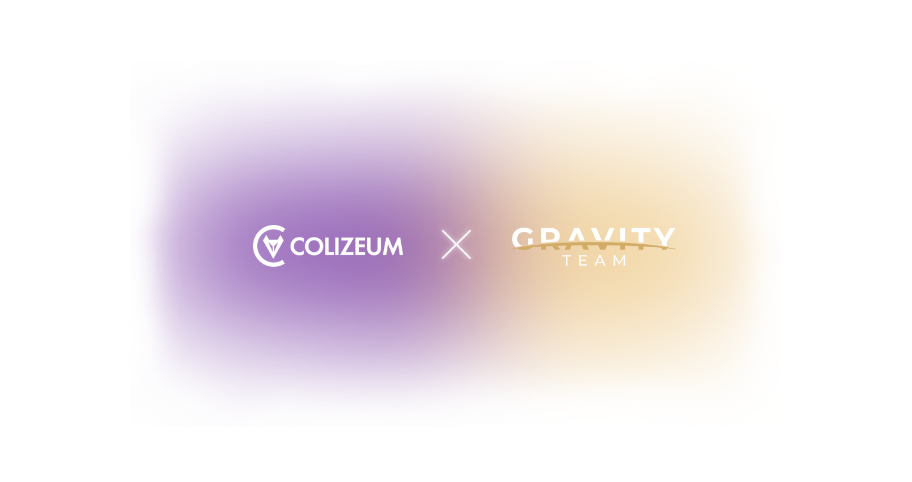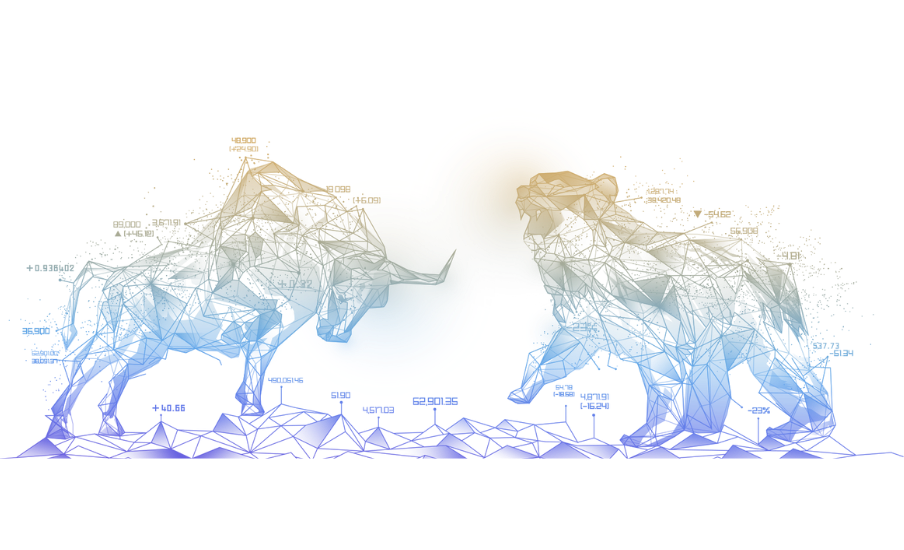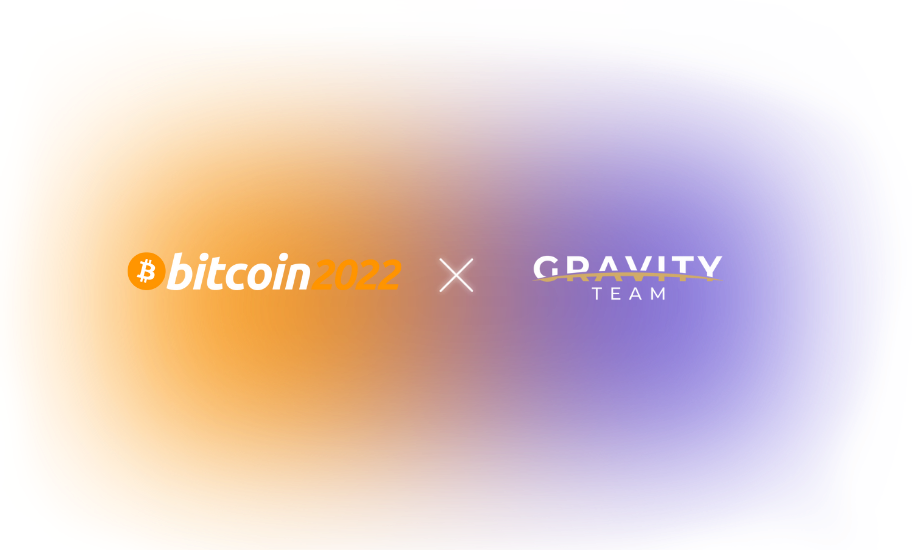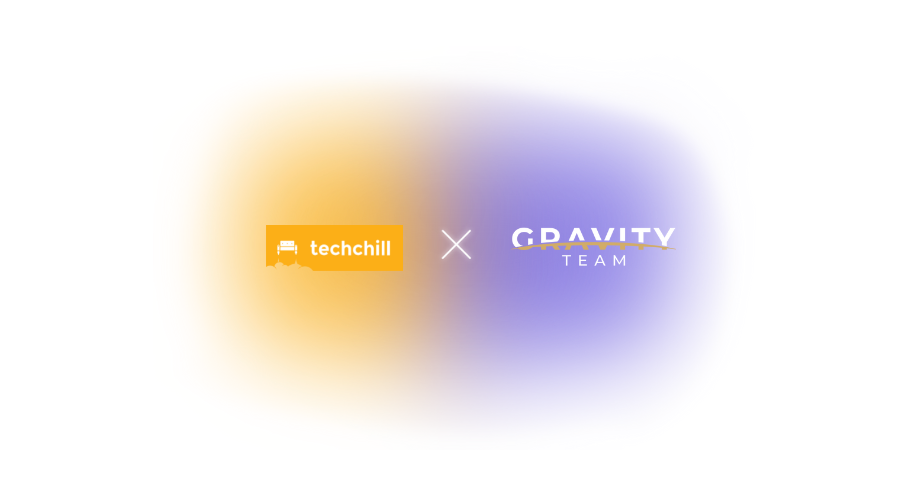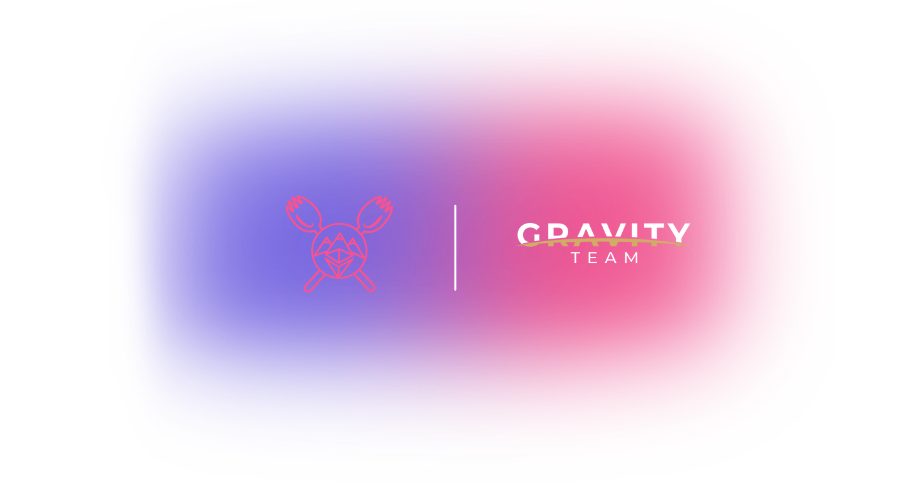
Consensus 2022 – NFT Track Key Insights
 11.5 minutes
11.5 minutes

About Consensus 2022
Consensus 2022 is one of the world’s most significant and long-running crypto conferences. This industry leading event is organized by CoinDesk, a reputable crypto and blockchain news outlet.
Consensus brought together 15,000+ attendees and welcomed some of the most well-known names in the industry, such as Sam Bankman-Fried, Changpeng Zhao, Edward Snowden, Punk 6529, Michael Novogratz, Michael Saylor, Dan Morehead, among many others.
This year the event took place from the 9th to the 12th of June at the Austin Convention Center. The main talk panels and conversations were centered around these verticals:
- Blockchain;
- Crypto;
- Web3;
- Metaverse.
Key Takeaways from the Metaverse / NFT Track
- Beyond Price Pumps and Into The Real Power of NFT Utility;
- NFTs as an Asset Class;
- The Meme Economy;
- How Web 3 Is Disrupting The Gaming Industry;
- Play-to-Earn and Rewarding Participation.
Beyond Price Pumps and Into The Real Power of NFT Utility
The panel discussed the utility of NFTs beyond ownership, and how it can add value to end user. It had guest speakers:
- Lindsey McInerney, CEO, and Co-founder at Sixth Wall, a blockchain entertainment company;
- Lisa Sterbakov, Producer at Orchard Farm, Stoner Cats, and Gimmicks;
- Andrew Shiffman, VP of Business Development at YellowHeart, a blockchain live event ticketing platform.

The Future of NFTs
The conversation kicks off with Lindsey’s perspective on the future of NFTs. “The future of NFTs is any place where there is a contract,” she says, adding that the current NFT market is just the beginning of something that will be much more substantial in the future.
Lisa and Andrew look at the NFT optimistically, with Lisa saying that one of the things that excite her the most is “the possibility of real-world contracts being, one day, tied to NFTs, making them transferable with the sale of an asset.”
Utilities of NFTs
Guest speakers later discussed the utility of NFTs, with answers varying from:
- NFTs are about being part of a community, and the perks of being part of it are, for example, NFT tickets – where their utility comes past the ticket scanning.
- Brands and creators should ask themselves: “what is the inherent value? For example, will you unlock a space, a world, a community, or a game? Or will it just be ownership? And if it’s ownership, what’s the collectible value of that?”
- According to Lisa’s perspective, every NFT has some utility, even if it is “just looking at a picture that moves you.” She believes there is utility in the emotions and feelings one might feel when looking at art.
- Launching an NFT drop should look at the long-term roadmap and how you can bring value to those people buying your NFTs. And perks can be a utility method, and you need to have some engagement with yourself & your community.
How Do NFTs Tie Into the Metaverse?
Andrew says the metaverse will be another space where fans and a community can hang out. For example, he explains that when NFTs or tickets are sold in the future, a Metaverse element can be incorporated, like a pre-hang-out party/reunion.
Lisa and Lyndsey share enthusiasm about the cross-section of the metaverse and NFTs. “The metaverse is the perfect place for NFTs,” Lyndsey says, since it can unlock the ownership of goods. Lisa adds that it will be exciting to see something you own in your wallet come to life.
NFTs as an Asset Class
This talk focused on NFTs and how institutions should view this novel asset class. The guest speakers were:
- Dan Patterson, General Partner at Sfermion, an investment firm focused on the NFT ecosystem that closed a $100M NFT fund in November 2021;
- Kyle Samani, Managing Partner at Multicoin Capital, an investment firm that invests in cryptocurrencies, tokens, and blockchain companies;
- Jason Stone, Co-founder at FODL Finance, and NFT Collector known as 0xb1 in the crypto world, also a Mega Mutant Ape connoisseur.
- Tracy Wang, Senior Reporter at CoinDesk, as the panel talk moderator.

Tracy Wang’s opening question was: “why institutions should care about NFTs?”
Kyle put it very simply: “People like to own things. People develop emotional connections to physical objects. The same applies to digital objects. Digital ownership is a thing, and people should care about that.” So, if people care about digital assets, institutions should too.
Dan agreed that NFTs were important and that there was no prospect of them vanishing in the future. He pointed out that even though they might sound silly and like a joke today, in the future, these are the things that will matter. “NFTs allow people to have digitally–native property rights,” he said, adding that our online lives will become more relevant and essential.
Taking another perspective, Jason reminded the audience that NFTs are not just art or jpegs. They’re also a type of technology: “They are a type of contract that represents something non-fungible that can’t be replicated and is unique from something else.” NFTs are used in derivatives, art collectibles, or in-game items. He believes that first came the acceptance of new tech and then the inclusion of art. Thus, in the broader spectrum, institutions should care about NFTs because they represent “a new evolution of this class of products.”
A question that followed was: “Could NFTs could play a softening role in the current bear market, and, perhaps, outperform it?”
Dan answered by stating that one of the silver linings of this industry is the market variability and that NFTs are less correlated with crypto and the broader market cycle, meaning that they can suffer even more during a bear market. However, we are in uncharted waters because this is the 1st time being in a macro market correction.
However, Dan adds, “At the end of the day, they aren’t pure financial assets.” NFTs are also emotional, social signaling assets. Buyers build an identity around them. “So there is a stickiness in that sense, that it’s more than just purely monetary good as well,” meaning that owners would often be less willing to sell them than other financial assets.
What’s Next for NFTs?
- Going beyond PFPS (profile pictures), GameFi, in-game monetization, financial derivatives;
- Content creator monetization, consumer social networks, metaverse;
- Fashion, game items, real assets (financial deeds), social identity, music NFTs.
The Meme Economy
If you’re into the crypto world, you know how crazy crypto twitter gets about memes and what a vital role they play within the industry. The panel was between:
- Dr. David Morris, Chief Insights Columnist at CoinDesk, and the conversation’s moderator;
- Blair Chapman, MemeAnalysis on YouTube, where he talks about why memes matter;
Dr. David Morris, Chief Insights Columnist at CoinDesk, and the conversation’s moderator;
Blair Chapman, MemeAnalysis on YouTube, where he talks about why memes matter;
Dr. David Morris kicks off the conversation with an interesting question (to say the least): are memes a form of magic? “Undoubtedly,” answers Blair, adding that memes are ultimately the modern symbol “they take on the spiritual and religious values reserved for religious icons in the past.”
When reasoning to explain why people dedicate and invest so much time into these symbols, he says it is essential to understand that all emotional investment is an “investment of vibe, an investment of libido.”. Since many honest people have difficulty expressing their desires in the real world, these desires are either suppressed or transmuted into a different form: memes.
However, he doesn’t think this phenomenon is necessarily negative. Blair says that magic is all about redirecting the vibe, which is a natural thing to happen.
In his views on how some people use the Internet, he explains that the internet functions as a tool to empower a “ridiculous persona,” Some people’s actions can be seen as a response to the fracture of their ego. He points out that it is a privilege not to be plugged in all the time in current events.
When asked about Lacan’s view on money (since money is a medium of exchange, it can be swapped for anything, which further means money means nothing), Blair responded that cryptocurrency, in that sense, represented a different kind of money. “I can sense the oracle’s vision on this new vibe,” he said. For example, some tokens, such as Dogecoin, do not only carry utilitarian value. They have emotional value.
One of the most critical moments of the conversation was when Blair predicted the future. He predicted the creation of a new currency, not like the ones already in existence, but one that was the true Aquarius currency, a true vibe currency that everyone would recognize.
How Web 3 Is Disrupting The Gaming Industry
This conversation was all about gaming and had as guest speakers:
- Jason Brink, President of Blockchain at Gala Games, a blockchain-based, play-to-earn gaming platform;
- Michael Wagner, CEO, and Co-founder at Star Atlas, a space-themed, multiplayer gaming metaverse;
- Michael Blank, COO at Polygon Studios, the home of all NFT, Gaming, and Metaverse projects that are on the Polygon protocol;
- Bailey Reutzel, Partner at Amplified Event Strategy, and moderator at this conversation.

The conversation starts with the panelists acknowledging that gaming is part of the human experience. As Jason pointed out, you can go back in history, and you’ll find game boards in ancient times. But, he adds, “Everybody is a gamer, and this is why gaming is critical for the growth of web3”.
When discussing the relationship between Web 3 and gaming, Michael Wagner said that he believes crypto and blockchain are not fundamental to gaming. Still, it is an excellent improvement in the gaming experience. While Michael Blank argued, “Gaming is ultimately the foundation of innovation,” trusting that gaming can play a vital role in the development of Web3.
However, some know that not everyone is enthusiastic about the cross-section of these two worlds. Jason is candid and says that many gaming magazines have publicly bashed Web3 gaming while blockchain fans are more optimistic.
At the same time, he acknowledges that not all traditional gaming fans are to blame when believing crypto is a scam. Nevertheless, he stays optimistic about the contribution of gaming and defends that crypto folks have to “gently educate” not receptive traditional gamers.
Later in the conversation, Bailey turned to Michael Blank and questioned the type of games Polygon Studios invests in. “[Polygon Studios is investing in] everything from Web3 natives who are building this super cool, innovative gaming experiences, all the way to the largest game companies in the world that we are partnering with across the board,” he says. When asked if these big companies understand crypto, Michael B. goes softly and answers that everyone is learning in this space.
To finalize, one of the inputs panelists all agreed on was when Michael Wagner encouraged people to have a certain level of skepticism. Although he argued that doubt was great for the industry, “it is going to drive improvement and the creation of better products overall.”
Play-to-Earn and Rewarding Participation
The guest speakers were:
- Nico del Pino, Co-founder at OLA GG, and Hispanic play-to-earn community;
- Renz Carlo Chong, CEO at BreederDAO, an NFT asset factory of blockchain games;
- Mr. Kevin Kim, COO at Genopets, an alternate reality multiplayer online game that gamifies physical, mental, and emotional health;
- Darren Glover, Head of Gaming at VaynerSports, and moderator of this conversation.
The first question directed at the panelists was regarding the new gaming opportunities in Web3 compared to Web2. Kevin answered that play-to-earn brings “a system to capture the value and share it, basically taking that close system and opening it” so other value creators in the game can be rewarded.
That’s something gamers appreciate in Web3 gaming: the possibility to earn rewards dependent on the value you create in the ecosystem, while, in the past, all the rewards were kept for the big game companies.
In this line of thought, Renz adds that he believes it is all about giving back value to the community. So now, in Web 3 and play-to-earn games, he says instead of giving incentives to players to use a specific app, they receive tokens that represent ownership and “provide value to them over the long-term instead of short-term.”
Nico del Pino runs a community that tries to incentivize Latin America to play play-to-earn games as a way to complement their income. “Gaming is fun and open to anyone to participate,” Nico said. He explains that Latin America is an emerging continent and economy with a substantial number of players for whom gaming is a significant first step into web 3.
He sees these play-to-earn games as a complement to an already existing activity people might have, which they can play when, for example, they have “wasted time” such as commuting.
When asked if they don’t see play-to-earn games as something that mines the leisure principle of gaming, Renz answers, “I think the variety of play-to-earn projects that we see across many different genres are all trying to experiment with what is the right degree and what is the right note.”. He agrees that gaming is not the same as earning a wage from a job, but he also acknowledges there is a different equilibrium for each of us, and there isn’t a one size fits all game type.
Final Thoughts
Gravity Team certainly had an exciting time attending the Consensus 2022 in Austin, Texas. Witnessing all the debates focusing on NFTs, which were engaging and educational, contemplating the future of NFTs utilities, as well as trying to innovate and develop solutions to some existing issues in the ecosystem.
The conference organization, content, events, insights and networking opportunities clearly justified it being known as one of the most important conferences of the year. We can highly recommend attending it.
However, it is to be noted that it was extremely hot during these days in Austin, Texas. Luckily, the event organizers moved the next year’s conference dates to the month of April, which should be a much more pleasant time to be in Austin.
See you next year!
Contact Us
We are always open to discussing new ideas. Do reach out if you are an exchange or a project looking for liquidity; an algorithmic trader or a software developer looking to improve the markets with us or just have a great idea you can’t wait to share with us!



